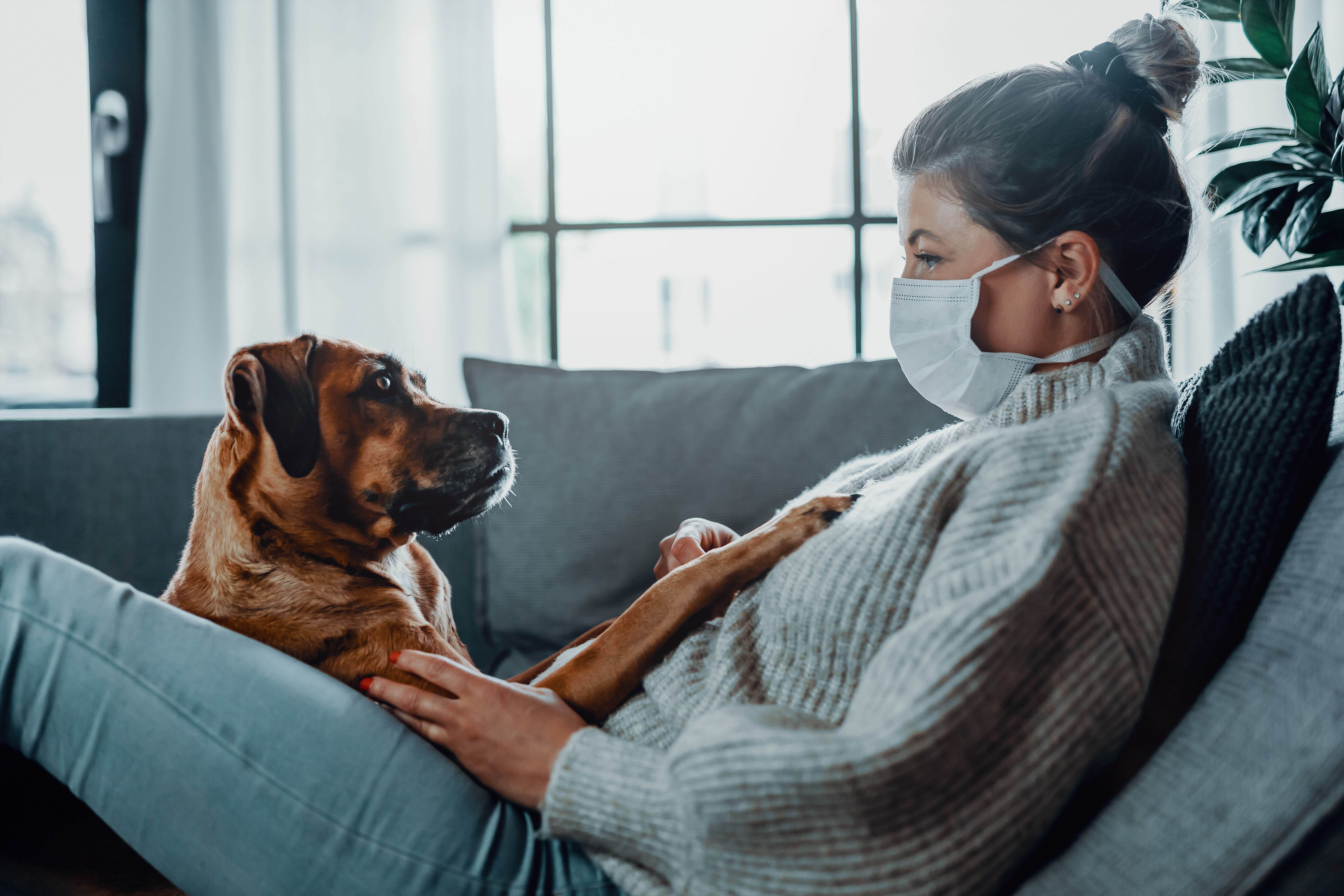How the FDA can help you educate clients about COVID-19 in pets
By providing information on your veterinary practice's website and social media platforms, your team can spend less time fielding client calls about coronavirus and pets. That’s where the FDA comes in.
Share the FDA's informational resources for pet owners so your staff spends less time fielding questions. (MT-R / stock.adobe.com)

COVID-19 is a novel virus, with many unanswered questions surrounding exactly how it is spread, why some people become gravely ill while others have no symptoms at all, whether a person can become re-infected—the list goes on. One of the major uncertainties for pet owners is whether animals can contract or transmit the virus.
Although there have been sporadic reports of animals testing positive for SARS-CoV-2, the virus that causes COVID-19, experts agree that infection in pets is rare and pets are unlikely to become carriers.
Nevertheless, odds are that your practice has fielded many phone calls from concerned clients about the risks COVID-19 poses for their pets. Now, the FDA has made it easy to help you keep clients informed, with shareable resources that include a short video and a series of frequently asked questions.
“At this time, the risk of pets spreading the virus that causes COVID-19 in people is low,” the video says. “But it does appear that people can give the virus to animals, with preliminary research showing that cats and ferrets are more likely to get the virus than dogs.”
The FAQ explains further: “[T]here is no evidence that viruses, including the virus that causes COVID-19, can spread to people from the skin, fur or hair of pets.”
The FDA recommends that pet owners practice healthy habits to minimize the risk of illness for pets. Specifically, the FDA advises the following:
- Don’t let pets interact with people outside the home.
- Keep cats indoors.
- When walking dogs, keep them leashed and at least six feet away from other people.
- Consider avoiding dog parks and crowded public places.
- Owners who are sick should avoid direct contact with pets and, if possible, hire a pet sitter.
- If avoiding your pet is impossible, always wear a face cover, and wash your hands before and after interacting with your pet.
Should a pet show signs of sickness, pet owners should contact their veterinarian to determine whether pet testing is necessary.
In light of ongoing consumer fears related to pets and COVID-19, it is incumbent on veterinary practices to keep clients informed about potential risks. You can access the FDA’s video and FAQ resources here.